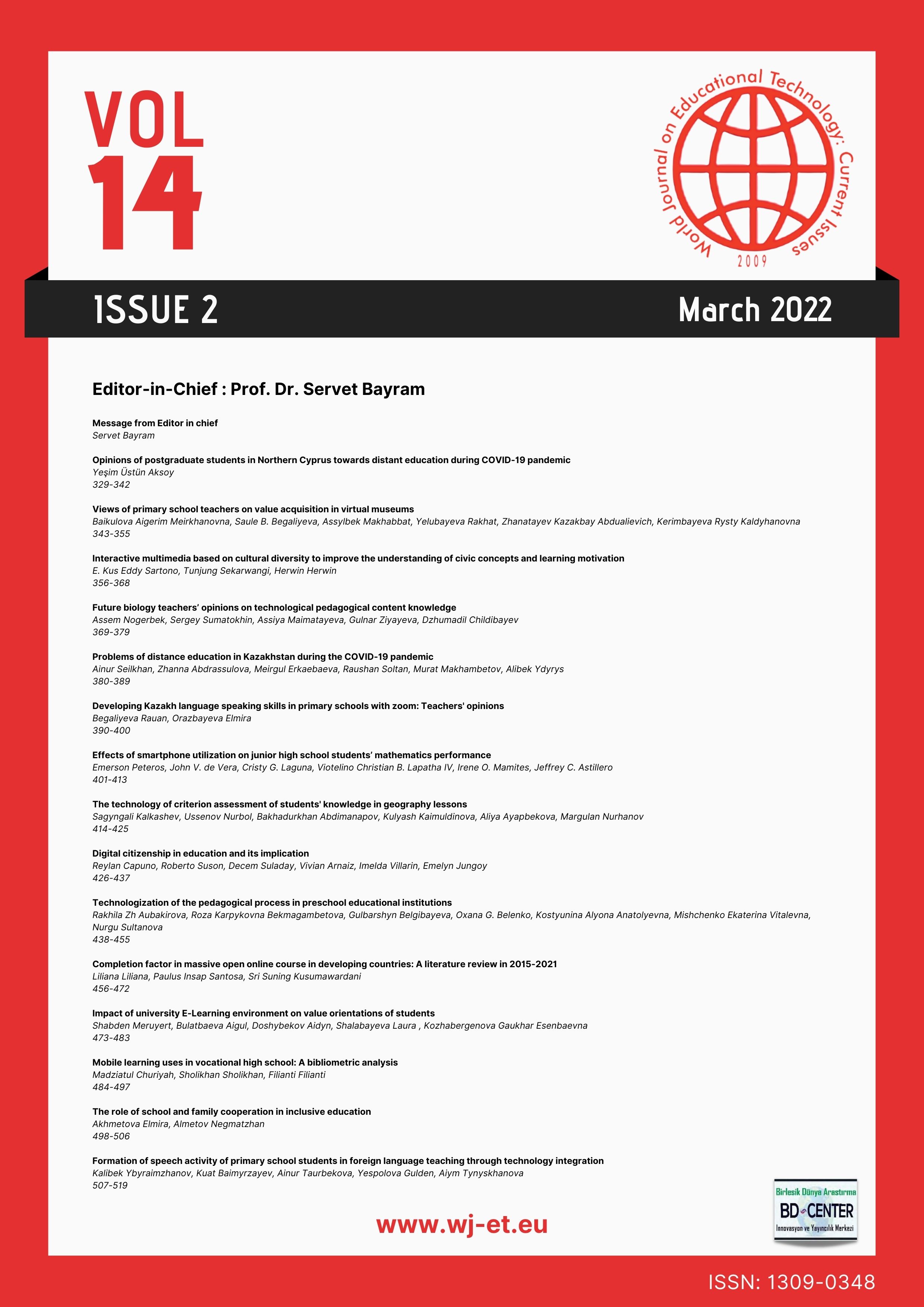Effects of smartphone utilization on junior high school students’ mathematics performance
Main Article Content
Abstract
Smartphones are widely used among high school students nowadays. With their constant use of this technology, they have become more dependent on it. This study assessed the extent of smartphone utilisation and the academic performance of the 195 junior high school students at a public national high school. Respondents were identified using stratified random sampling and were asked to answer a survey questionnaire assessing their smartphone utilisation during their math classes
while their performance in the subject was determined using their First Quarter grades. The data gathered were treated using descriptive and inferential statistics. The results revealed that the respondents had very satisfactory performance and they often use their smartphones during their math classes. Smartphone utilisation has a negative negligible correlation with the student's academic performance in Mathematics. Furthermore, Smartphone utilisation has no significant relationship between the respondents’ math performance. Hence, teachers are encouraged to monitor students’ use of gadgets during their math classes.
Keywords: academic performance, Mathematics, junior high school students, smartphone utilisation
Downloads
Article Details

This work is licensed under a Creative Commons Attribution 4.0 International License.
World Journal on Educational Technology: Current Issues is an Open Access Journal. The copyright holder is the author/s. Licensee Birlesik Dunya Yenilik Arastirma ve Yayincilik Merkezi, North Nicosia, Cyprus. All articles can be downloaded free of charge. Articles published in the Journal are Open-Access articles distributed under CC-BY license [Attribution 4.0 International (CC BY 4.0)].
Birlesik Dunya Yenilik Arastirma ve Yayincilik Merkezi (BD-Center)is a gold open-access publisher. At the point of publication, all articles from our portfolio of journals are immediately and permanently accessible online free of charge. BD-Center articles are published under the CC-BY license [Attribution 4.0 International (CC BY 4.0)], which permits unrestricted use, distribution, and reproduction in any medium, provided the original authors and the source are credited.
